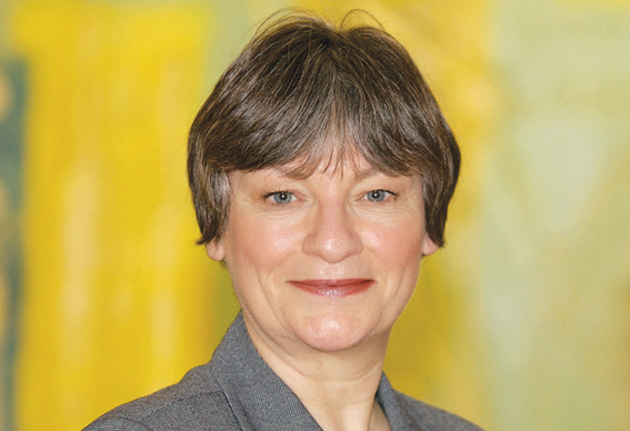Headteachers in the best schools can be “disincentivised” to strive for top grades because they do not have enough funding to afford the performance-related pay bonuses staff would earn.
In fact, heads are finding themselves frustrated that nearby schools with worse results were not having to stretch their budgets to give extra pay to staff in the same way, according to Mark Emmerson, chief executive of the City of London Academies Trust, speaking at a parliamentary event hosted by the Education Policy Institute and The Whitehouse Consultancy.
The cost of rewarding his staff for their top pupil progress over several years meant he was having to cut other jobs or teaching time to afford it, he said.
“These are the counter-intuitive, unintended consequences of performance-related pay,” he told delegates at the debate on school funding on Thursday last week.
“I’m effectively faced with a situation where virtually everybody is going to get performance-related pay, or exceptional performance-related pay.
“So you have to cut teaching staff, reduce teaching time – schools are contemplating all these things.”
Pay rises for most teachers have been kept capped at one per cent for 2017-18, after the government accepted a recommendation from the School Teachers Review Body not to raise it further. Teachers on the lowest pay scales will get an automatic two-per-cent increase.

But some union leaders have said there is no evidence that performance-related pay has any effect on better pupil attainment, and should be scrapped altogether.
Mary Bousted, general secretary of the Association of Teachers and Lecturers, told Schools Week that performance-linked pay rises introduced by the government in 2014 were a “load of complete nonsense” because no one had the “metrics to really judge teacher performance”.
Instead, schools should use incremental pay increases according to experience, rather than performance, as was the case under the old system, she said.
Paul Whiteman, general secretary designate for the National Association of Head Teachers, agreed with Emmerson that school funding had not been increased enough “to stretch” to all performance-related bonuses, and could become a “burden” for schools over time.
But he said it was unlikely the hardest funding decisions concerned performance-related pay, as other pressures on schools take more out of their budgets.
However Emmerson insisted the issue was with “the fundamental cost of running excellent schools. Not sufficient schools – excellent schools.”
These are the unintended consequences of performance-related pay
City Academy Hackney is the seventh in the country for its Progress 8, he said. It made headlines in June when it announced it was reducing the school day by 30 minutes because of “recent cash freezes and ongoing financial pressures.”
Staff “need to be rewarded” for those results and would leave for other schools if they weren’t, but a school “down the road” achieving worse results would not have to spend as much in performance-related increases. This situation could “disincentivise” headteachers of top schools, he claimed.
Popular schools can get more funding by increasing their pupil numbers, but because the government only gives pupil funding two years after the intake is increased, schools face a lag time in which they do not have adequate funds, he added.
The panel also debated whether the national funding formula would go ahead and speculated on whether the government’s consultation response to the formula would be published before September.
Schools minister Nick Gibb said on Tuesday last week that the consultation, which has had more than 25,000 responses, would be published “very shortly”.
Geoff Barton, general secretary of the Association of School and College Leaders, said headteachers were having to make “impossible decisions, whereby if earned pay rises are made to some staff, cuts have to be made elsewhere”.
“It comes amid a perfect storm of both a funding and retention crisis,” he said.








‘PRP would lead to wrangling over “who deserved what” when teaching needed to be a team effort. It will certainly be divisive…’ Fiona Millar, Local Schools Network, April 2013. http://www.localschoolsnetwork.org.uk/2013/04/performance-related-pay-dont-believe-the-spin/%23comment-75254